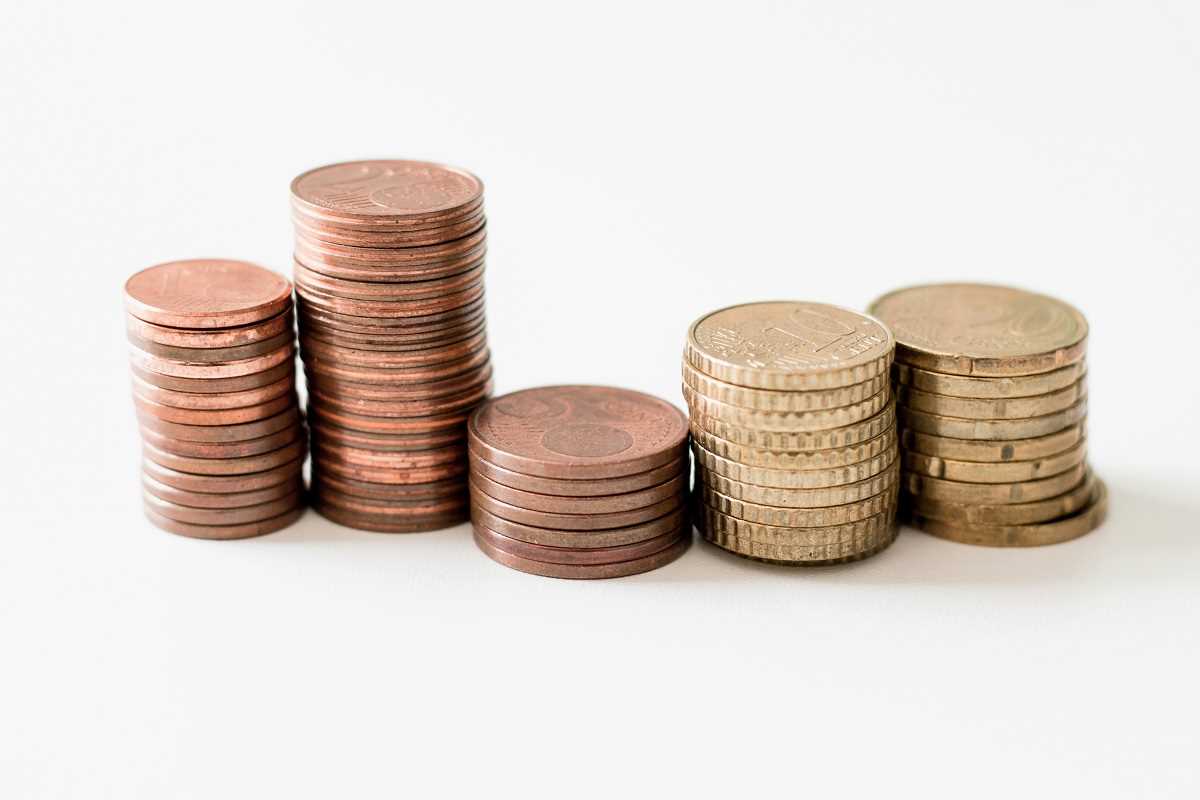Refinancing your mortgage can be a smart financial move that offers numerous benefits, helping you to manage your finances more effectively. Whether you're looking to lower your monthly payments, shorten the term of your loan, or access the equity you've built in your home, refinancing can open up a variety of options to improve your financial situation. It's essential to understand how this process works and how it can positively impact your long-term financial goals. Let’s explore the benefits of refinancing your mortgage in more detail.
Lowering Your Interest Rate
One of the primary reasons homeowners choose to refinance is to secure a lower interest rate than their current loan offers. Mortgage rates fluctuate over time, and if interest rates have dropped since you took out your original mortgage, refinancing gives you the opportunity to take advantage of these lower rates. A reduced interest rate can save you thousands of dollars over the life of your loan, as a lower rate translates to less money paid in interest each month.
By refinancing at a lower rate, you can also reduce your monthly payments, freeing up cash for other expenses or savings goals. This lower financial burden can make a significant difference in your monthly budget, especially for families or individuals looking to manage their cash flow more effectively.
Additionally, if you currently have an adjustable-rate mortgage (ARM), refinancing can allow you to switch to a fixed-rate mortgage, providing stability and predictability in your payments. This switch can help you avoid fluctuations in your monthly payments due to changing interest rates, making it easier to plan and budget for the future.
Shortening the Term of Your Loan
Another significant benefit of refinancing is the ability to shorten the term of your loan. For example, if you originally had a 30-year mortgage, refinancing into a 15-year mortgage can help you pay off your home faster. While this move often results in higher monthly payments due to the shortened term, the overall savings in interest can be substantial.
Paying off your mortgage more quickly means you own your home outright sooner, and the reduction in interest payments over the life of the loan can be substantial. For homeowners who are in a stable financial position and can handle slightly higher payments, shortening the loan term can lead to significant long-term savings.
Accessing Home Equity
Refinancing your mortgage also provides the opportunity to tap into the equity you’ve built in your home through a process called cash-out refinancing. With cash-out refinancing, you can borrow against the equity in your home, essentially replacing your existing mortgage with a new one that includes the amount you wish to borrow.
This can be a cost-effective way to access funds for important needs, such as home improvements, debt consolidation, or covering major expenses like medical bills or education costs. Because mortgage interest rates are typically lower than rates for personal loans or credit cards, cash-out refinancing is often a more affordable way to borrow money. It allows you to use the money you've already invested in your home to meet other financial goals.
Debt Consolidation
In addition to accessing funds, refinancing your mortgage can help you consolidate your debt and streamline your finances. Many homeowners use refinancing as a way to combine high-interest debts, such as credit card balances or personal loans, into their mortgage. Since mortgages generally have lower interest rates than credit cards or other types of loans, consolidating your debt in this way can save you money on interest payments.
Consolidating debt through refinancing also simplifies your financial obligations by reducing the number of monthly payments you have to manage. Instead of juggling multiple debts with varying interest rates, you can combine everything into a single payment. This can make it easier to stay organized and reduce the mental load of managing multiple accounts.
Eliminating Private Mortgage Insurance (PMI)
Private Mortgage Insurance (PMI) is typically required for borrowers who put down less than 20% of their home’s purchase price when buying a home. PMI adds an extra cost to your monthly mortgage payments, but as you build equity in your home, you may be able to eliminate PMI through refinancing.
If your home’s value has increased or you’ve paid down a significant portion of your mortgage, refinancing allows you to get rid of PMI. By doing so, you can lower your monthly payments and avoid paying for insurance that is no longer necessary. This can result in considerable savings over time, particularly for homeowners who have been paying PMI for several years.
Refinancing your mortgage offers a wide range of benefits that can significantly improve your financial situation and help you achieve your long-term goals. Whether you're looking to lower your interest rate, shorten the term of your loan, access home equity, consolidate debt, or eliminate PMI, refinancing can be a powerful tool to enhance your financial well-being.
However, it’s important to approach refinancing with a clear understanding of how it aligns with your financial objectives. Be sure to explore different refinancing options with a reputable lender, and consider the potential costs involved, such as closing fees, to determine whether refinancing makes sense for you. With the right approach, refinancing can help you reduce your monthly payments, save money on interest, and provide more financial flexibility.







